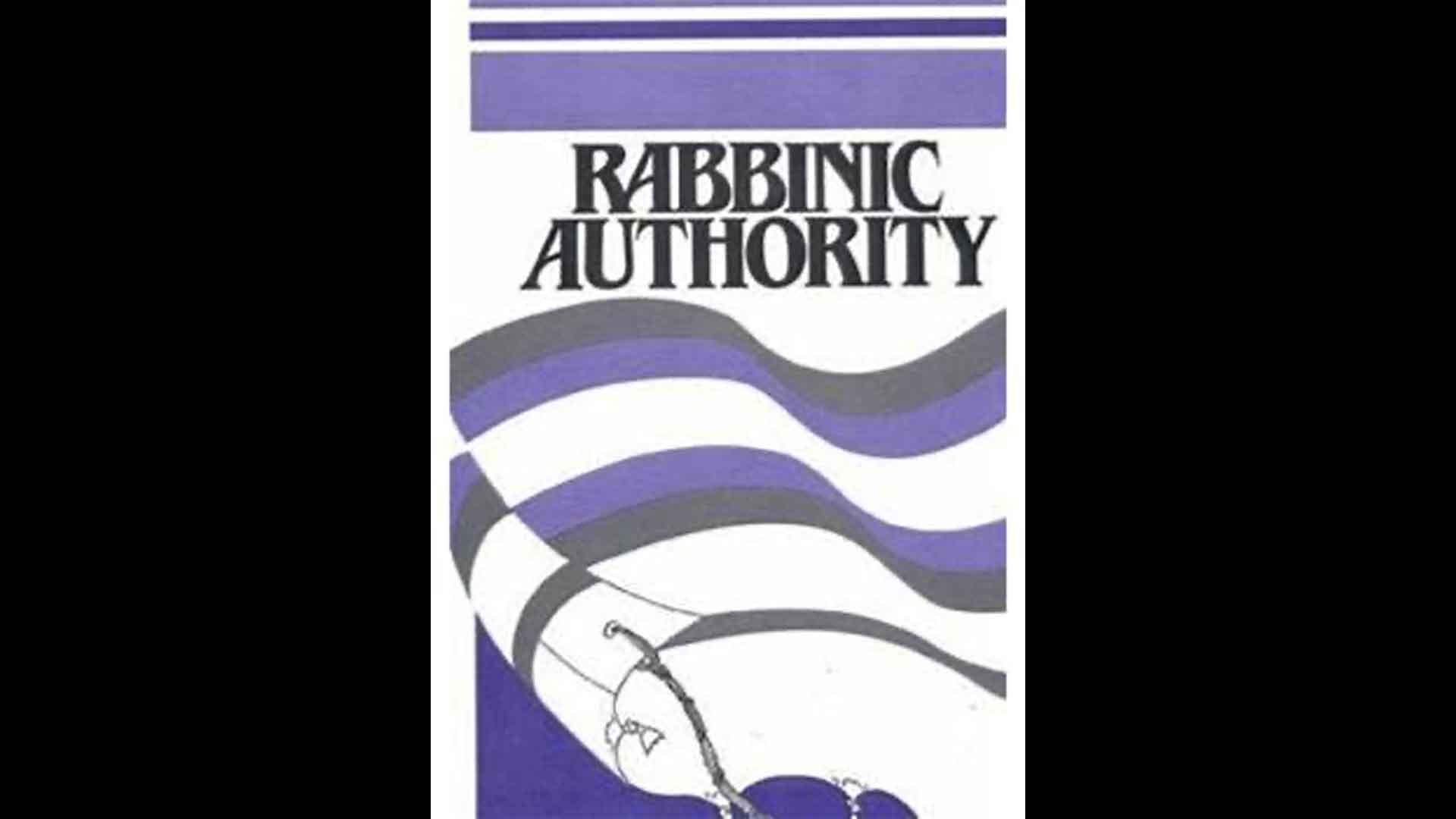For the source text click/tap here: Bava Kamma 51
To download, click/tap here: PDF
Our mishnah deals with the duty to cover a pit.
We learn here that if the pit was owned by two people, the last one to be at the pit is the one responsible for damages done if he left the pit uncovered.
Even though the first person also left the pit uncovered, since the second person was the last to be at the pit, he is the one held accountable.
Later (51a), the Gemara cites another Beraisa that states that if one digs a Bor ten Tefachim deep, a second person extends it to twenty Tefachim, and a third person deepens it to thirty Tefachim, they are all liable.
We explore the liability and risk from fatality falling from heights.




















